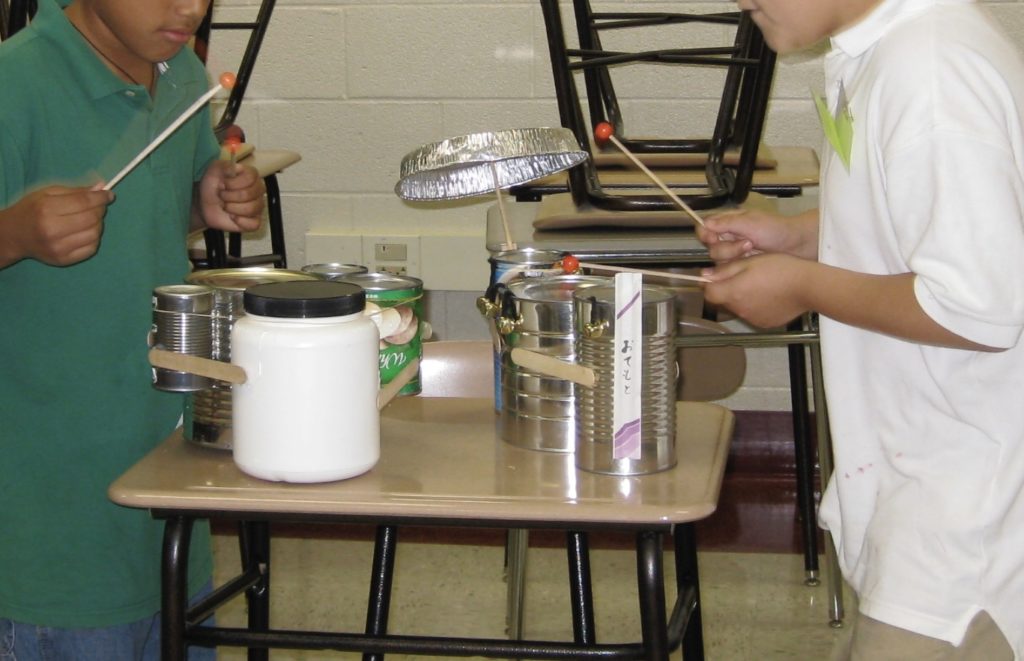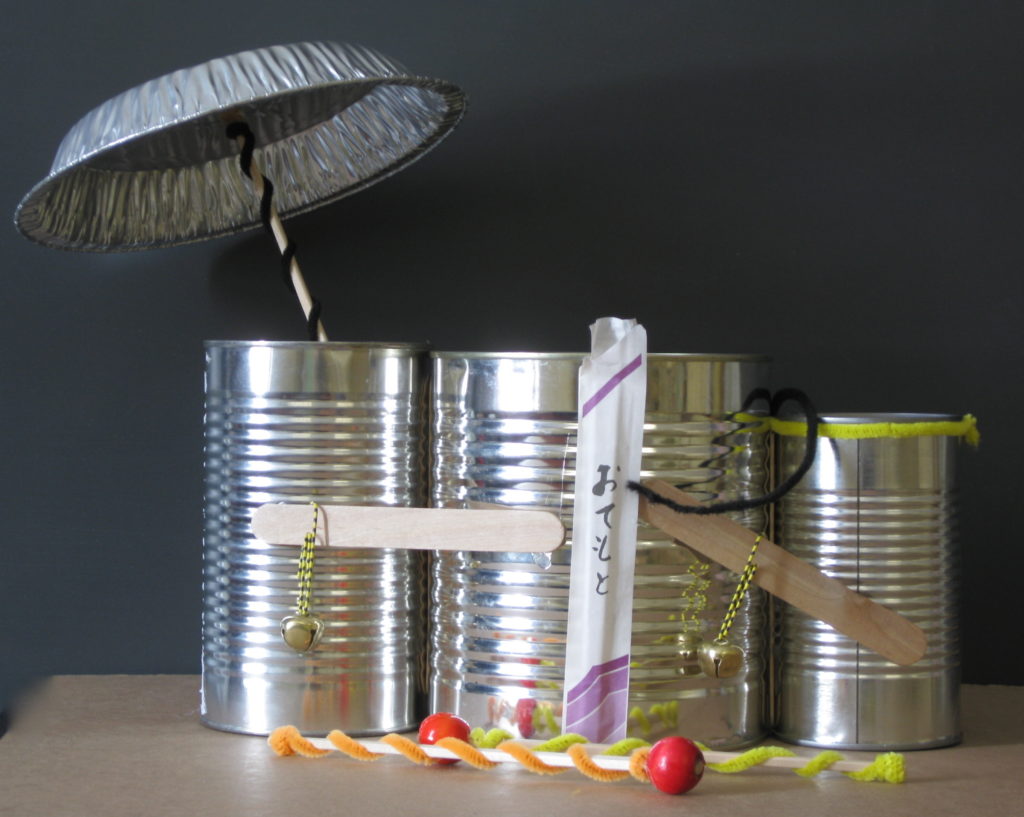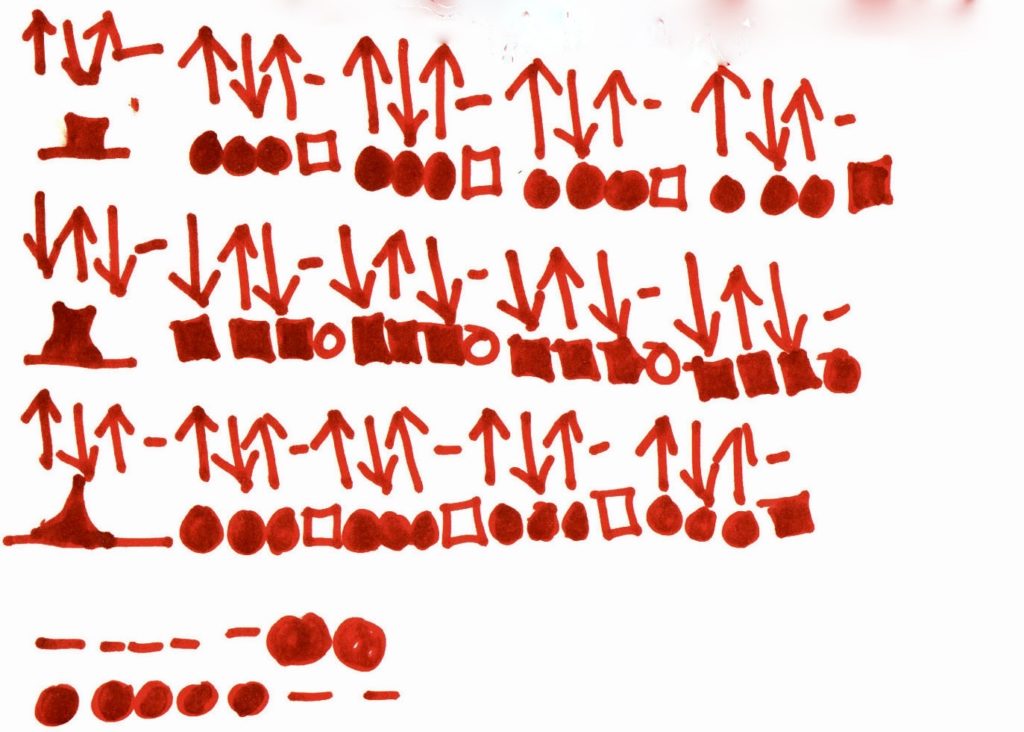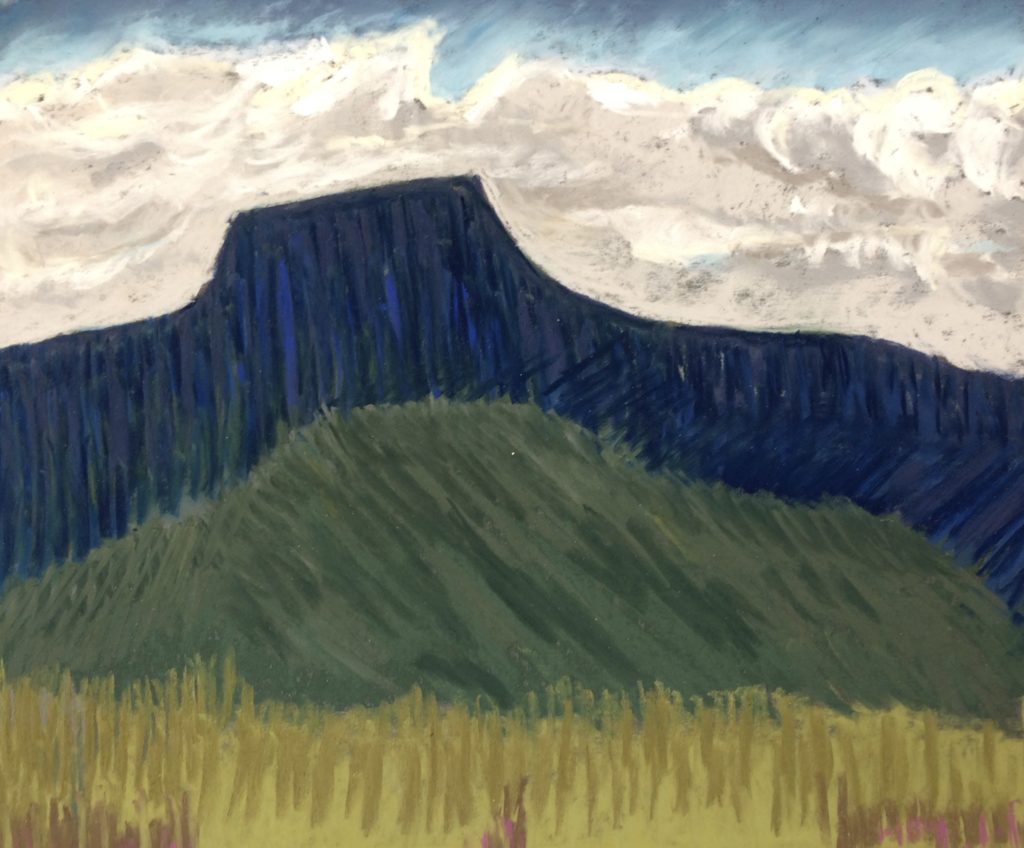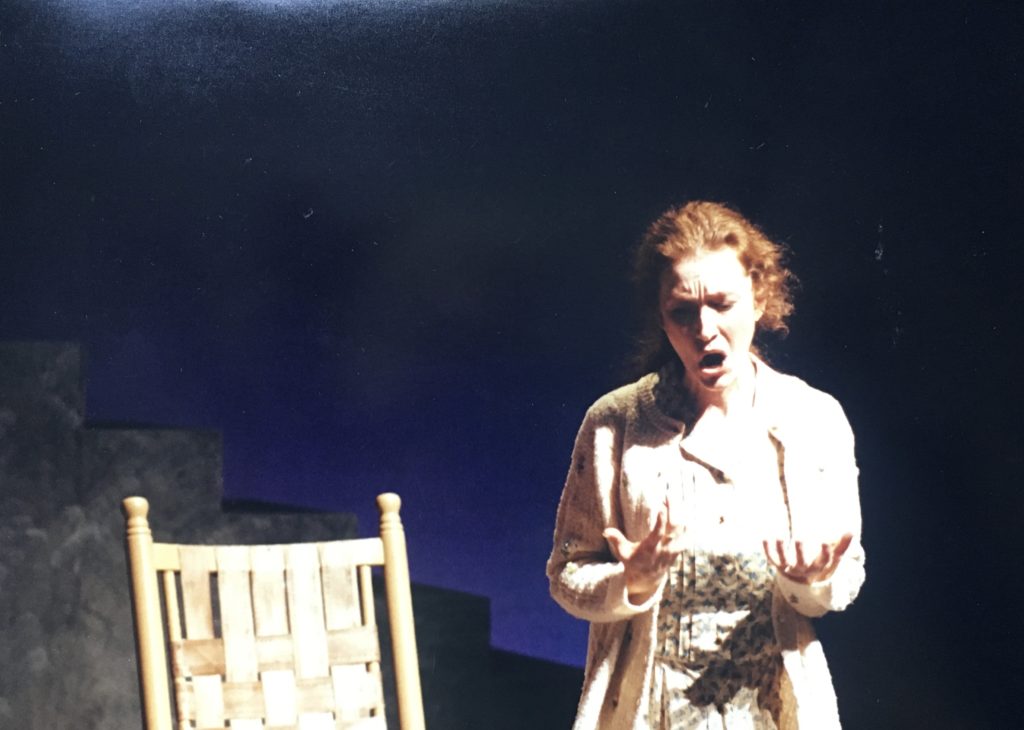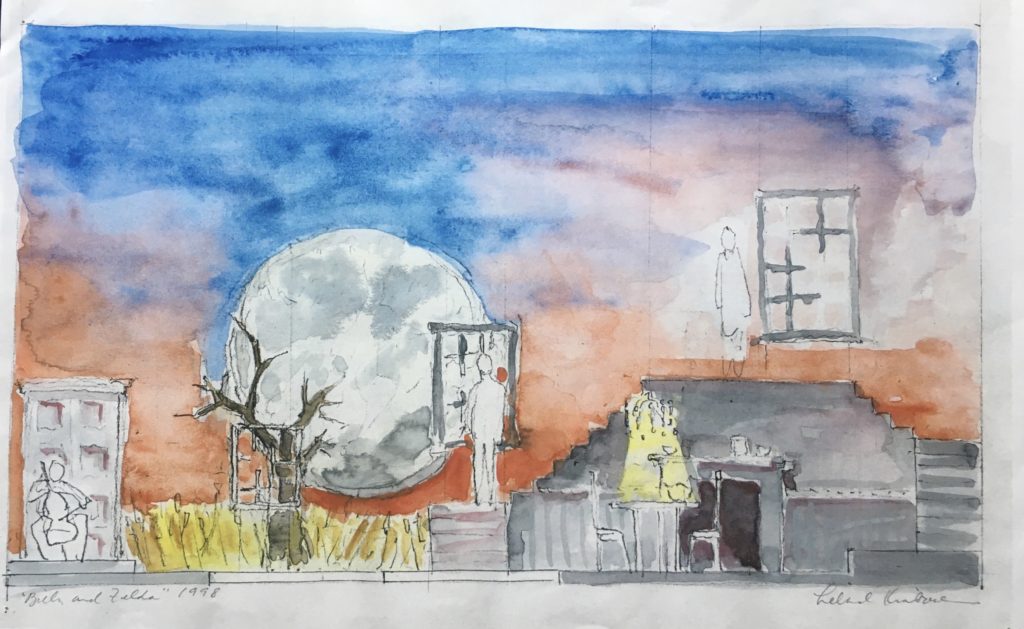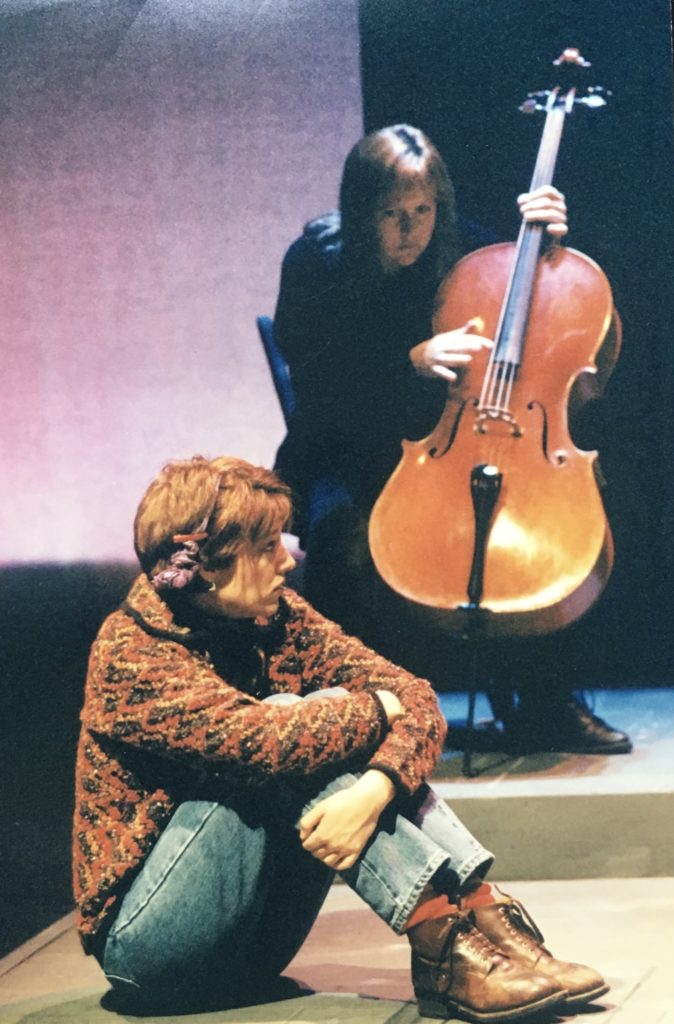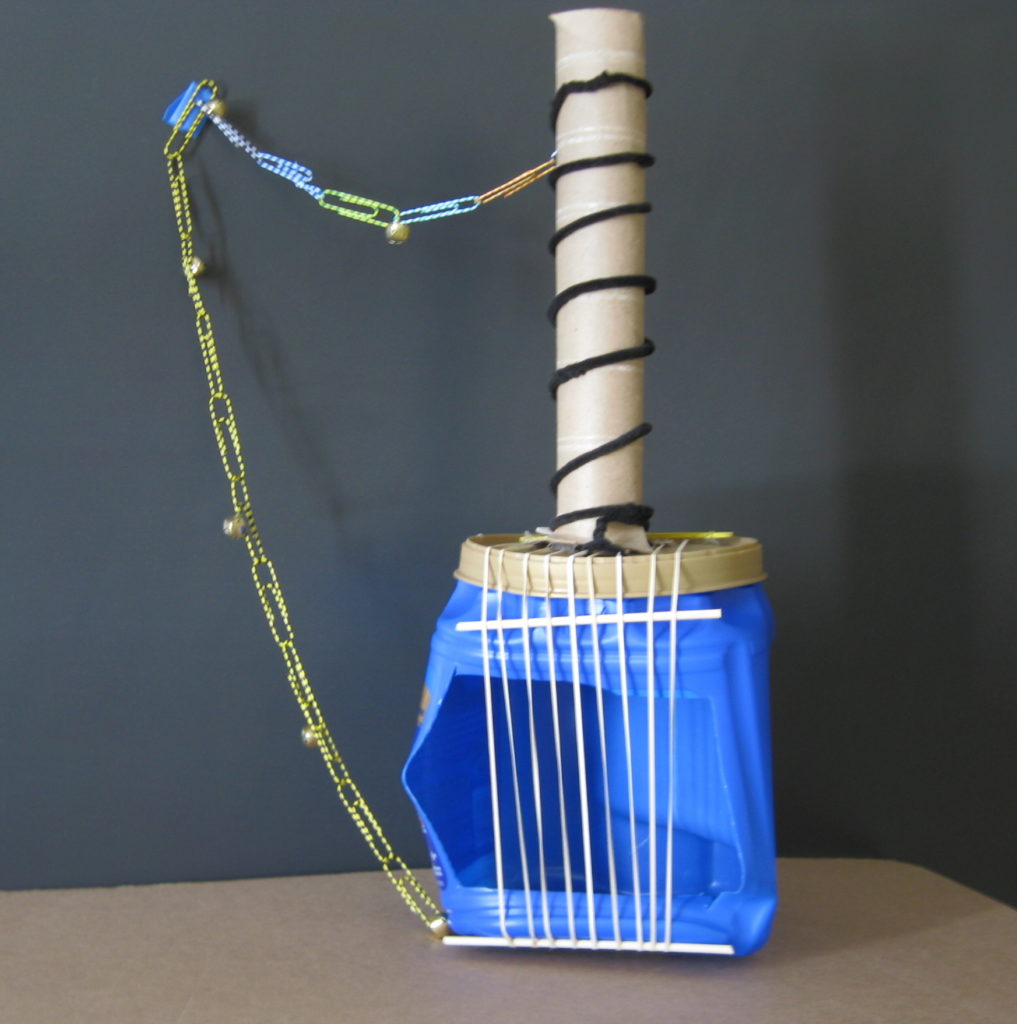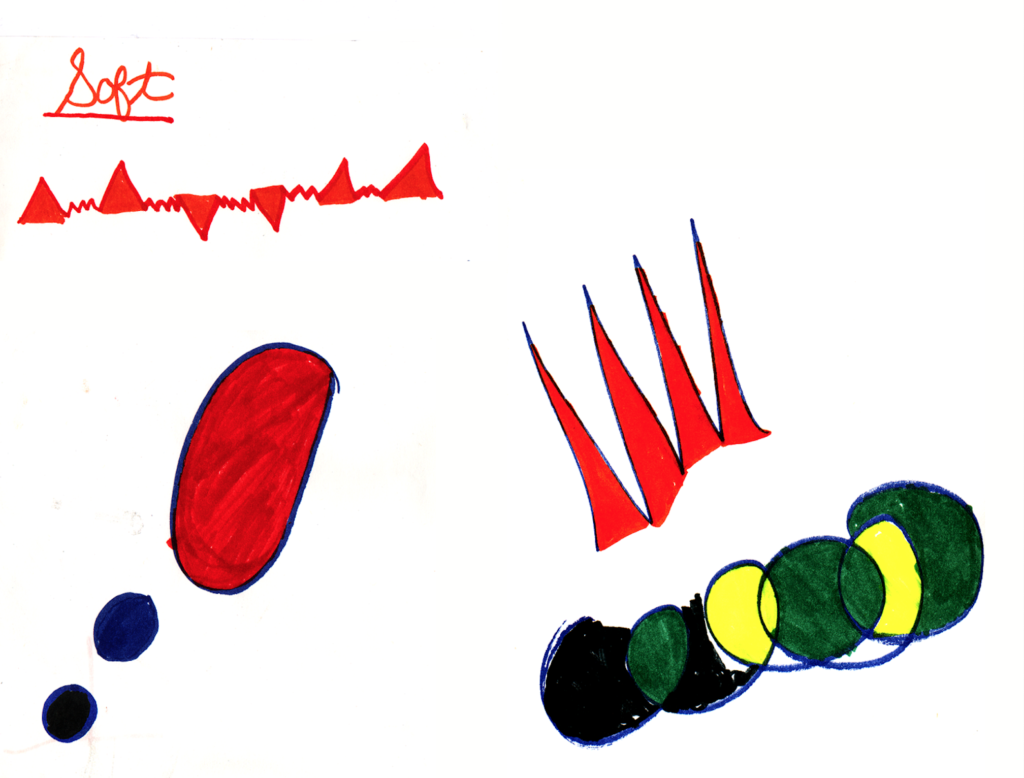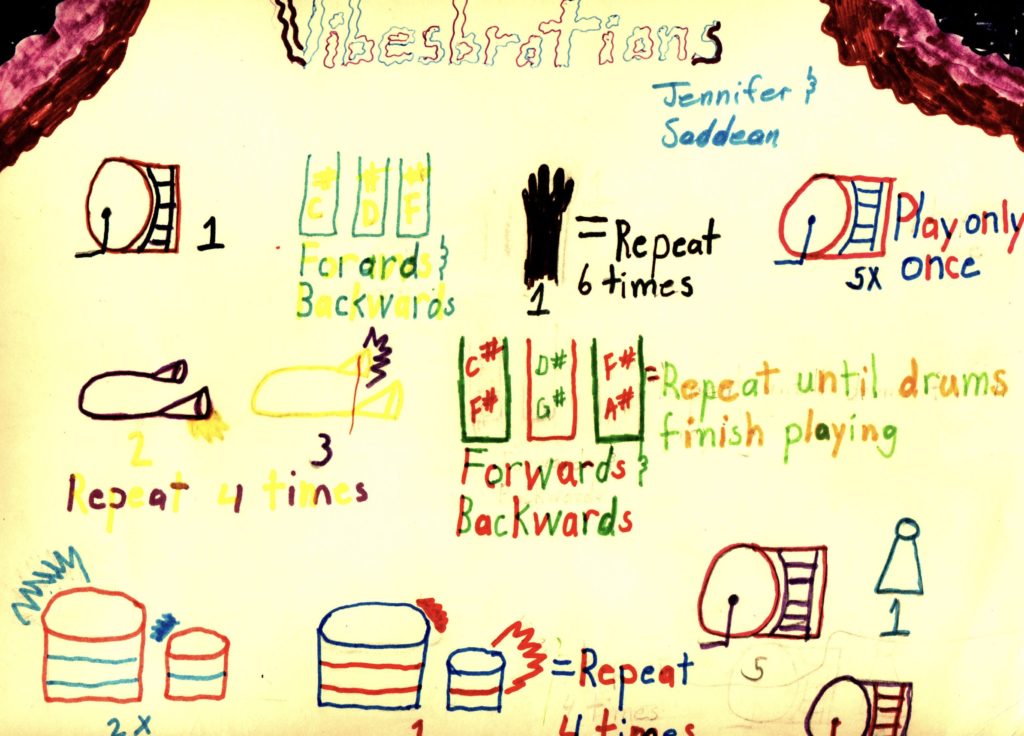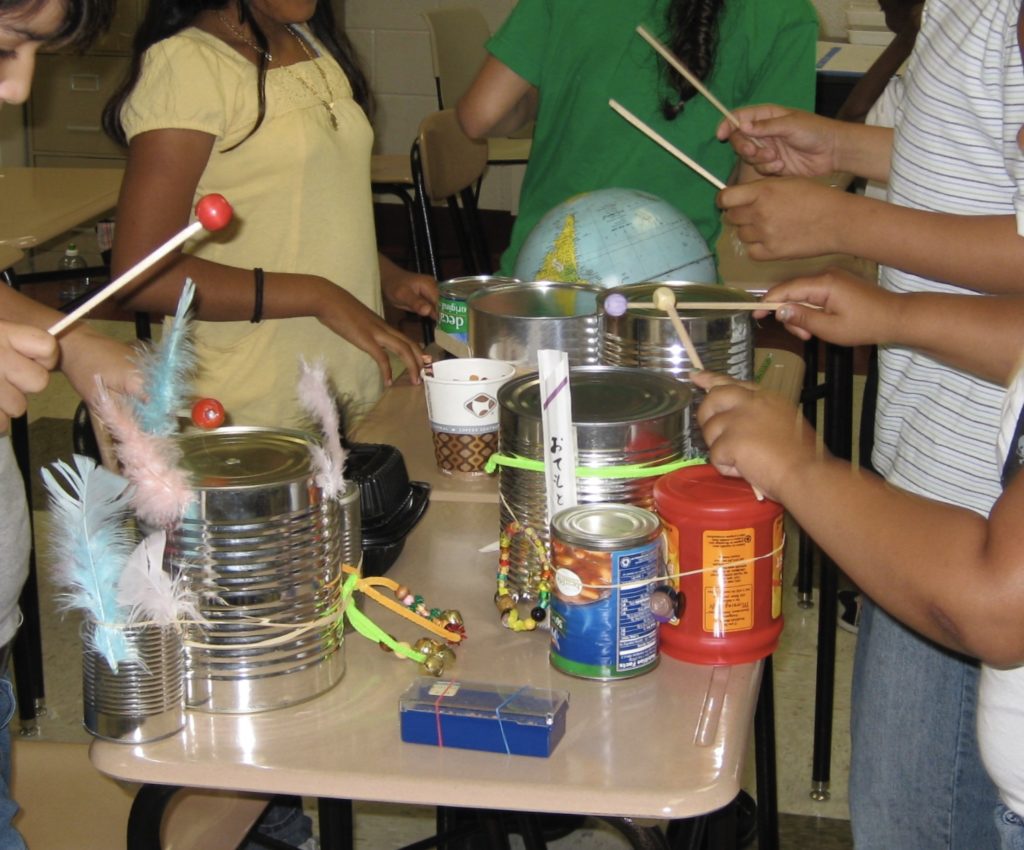Let me be honest here.
We want so to attach meaning, to understand, to pin the moment down, when it is, at best, a transitory happening. My journals, for example, are an outpouring of the difficulties and pain I feel in my life. But the pain does not possess me in the way the journals seem to indicate. I work, I compose, I care for my family; I am happy and joyous. My journals are truthful and honest, but they are only intermittently accurate.
My music, which contains me, is also not accurate. There is something else, something I cannot get my tongue around. I bend forward and listen to my recent orchestra piece, trying to understand. The piece is massive and powerful, and full of feeling. I wrote it, but do not recognize myself. The work is myself in the future, the vision I have of myself and the world to come. I recognize only that it emanates from my core, and continues to a place I do not know.
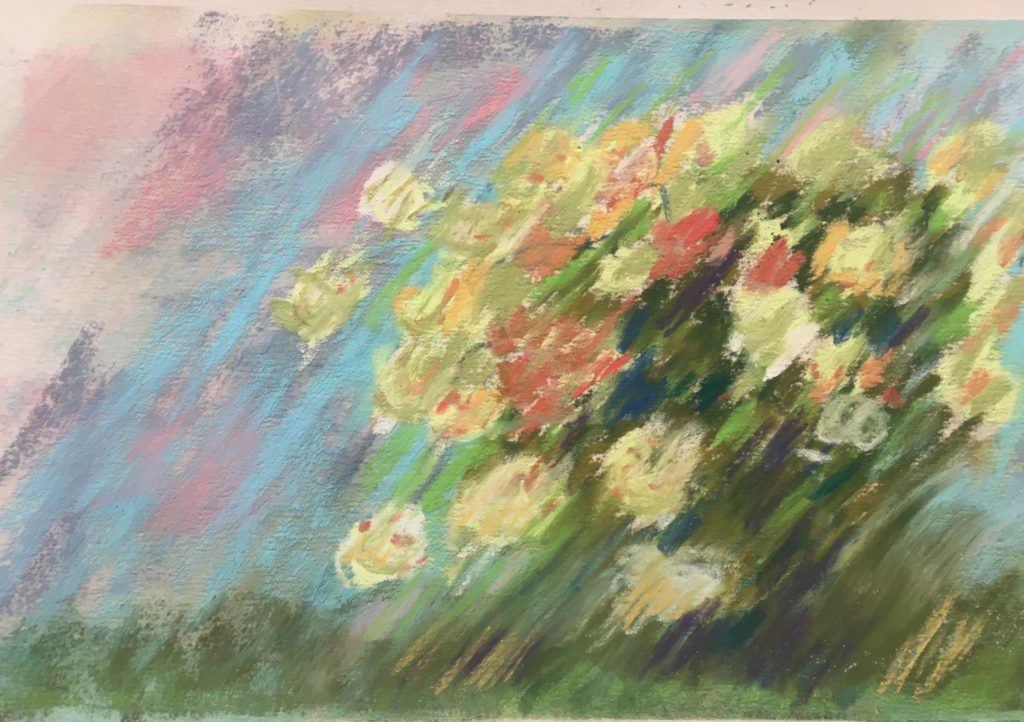
Something happens when I compose, that for all my self-analysis and precious rethinking I have no control over. The workis larger than me, and now completed I cannot imagine how I wrote it, or even have much memory of having done so. I am not saying that something took over me and wrote the music, or that I don’t remember the content. But in the journey of composing, I go to a place that transforms the work into more than me.
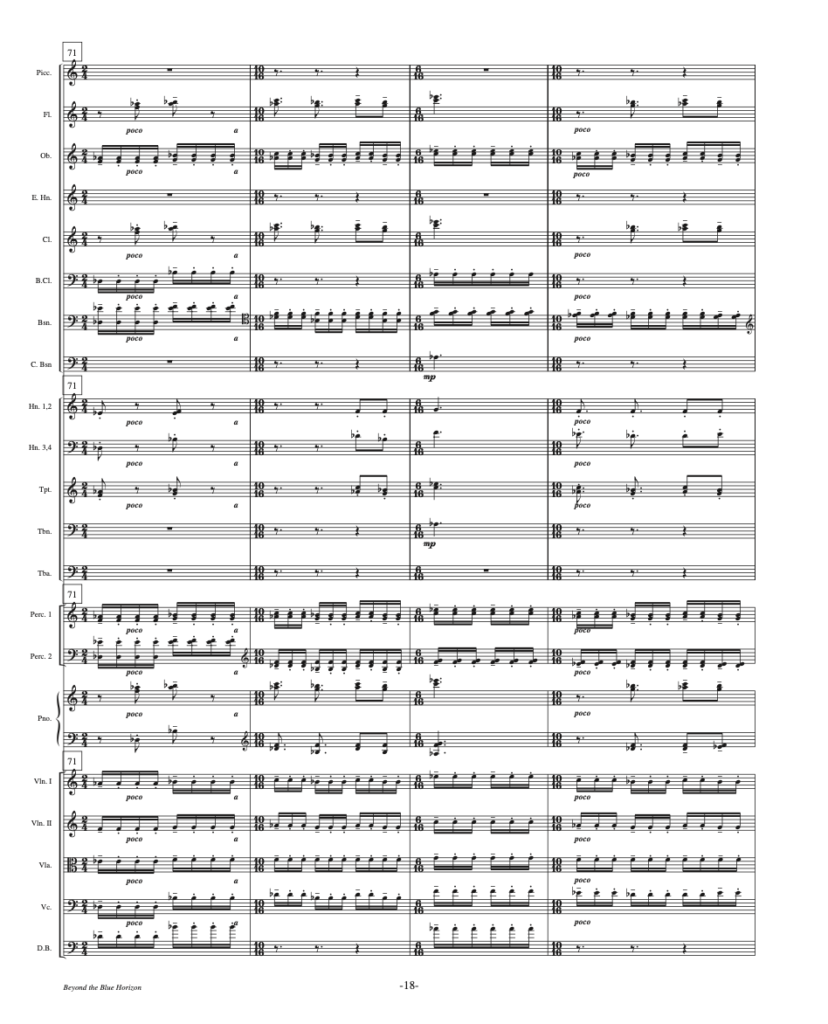
What can it be? Second sight, intuition, a deep understanding that goes beyond the mind and ability to understand? Perhaps it is a primal knowing of the earth’s center, massive movements of the rocks, a slipping and sliding of the sun, ribbons of light. I struggle to discover myself, but this is a place I will never know with my mind. Only through my touch, my hearing – through the beating of my heart.
Listen: Render, for string quartet, Cassatt Quartet: https://soundcloud.com/tina-davidson-3/render-2016-for-string-quartet-excerpt-2
Excerpted from Grief’s Grace, A Memoir by Tina Davidson
